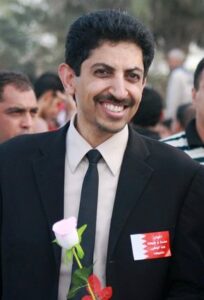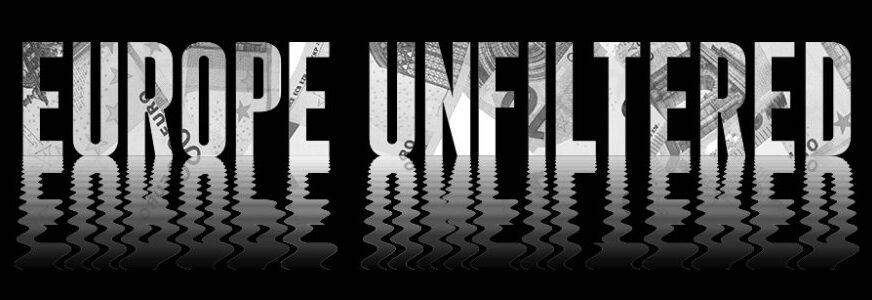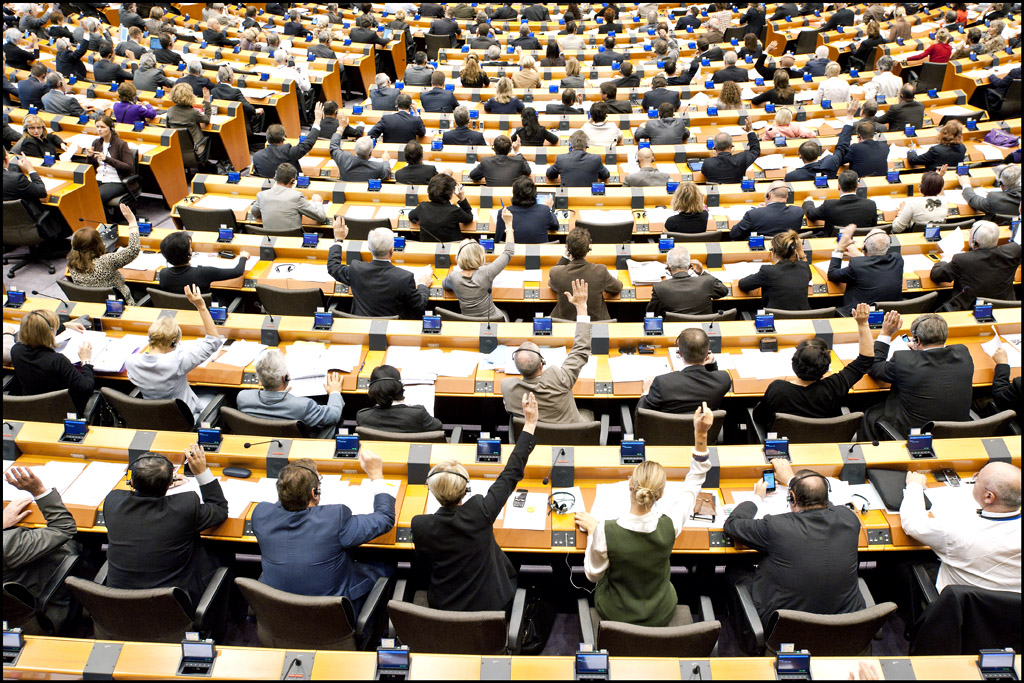Think: Qatargate.
But there is a different corruption, as well. One on a much smaller scale, almost “petty”. In fact, the other, the small-scale version is so widespread in the world, that people often just shrug their shoulders, so what? It was just a couple of hundreds… just an exclusive ticket … just …
In the grand scheme of things, size surely matters. For example, a country the size of Russia is a formidable enemy, not to be underestimated, no matter how blinded we are by the belief in our technological superiority or moral high ground.
Yet, from a legal and moral point of view, corruption is corruption, irrelevant whether it is a large scale conspiration or some petty case.
And the moral integrity of the person accepting it is questionable, irrespective whether he accepted a few dollars or a yacht during the illegal deal.
One should not wonder then that an organization like the European Parliament isn’t immune either.
Just like with most icebergs, it’s what’s under the waterline is the more dangerous. Maybe it doesn’t involve a lot of cash. Maybe it’s just … seemingly petty.
Take for example, Tomáš Zdechovský, a Czech politician from the ranks of the EPP. Conservative to the core (or from the outside, anyways). A person who graduated as pastoral assistant and wanted to “Save Baby Jesus” (to defend Christmas traditions against the Santa Claus-craze) and All Souls Day (from the “crazy” Halloween). A patriotic writer and “contemporary Catholic” poet, founder of the group called “Friends of the Silent Poetic Touch”, a non-profit protesting against the cultural decline of Czech society.

Even more so, as, at least according to Mr. Zdechovský, even the enemy needs to be “talked to humanely” and maybe, with gentle guidance, can be reformed “into a modern European left”. As Zdechovský was vice-chair of the European Parliament’s Employment and Social Affairs Committee, at least his wife was in the best position to advise Mr. Maštálk about unfair employment practices and social injustice.
And, while MEP’s are forbidden to employ their own relatives, there’s no rule prohibiting a fellow MEP from doing the same. Thus, neither Mr. Maštálk, nor the Zdechovskýs were charged with anything. It doesn’t mean that it’s not in the “moral grey zone”, though.
Cross-party cooperation must be deeply ingrained into his subconscious, as Mr. Zdechovský was best friends with Qatargate’s Socialist Eva Kaili in 2016.
Despite claiming that their friendship didn’t last long, he still defended Mrs. Kaili after Qatargate made it into the headlines in December 2022. In Mr. Zdechovský’s opinion, Eva Kaili “was never … focused on money. She had a lot of money, she was a famous presenter, a model … so she had no need. EUR 600,000 in cash was found with her, I can’t imagine why she would need it”.
In the very same interview, he also said that he couldn’t “imagine an MEP or an assistant who allows himself to be corrupted, because the salaries are above standard, they cover all the expenses. Those people don’t do the job for the salary, but for the mission, they see something bigger in it. I can’t explain why they would allow themselves to be corrupted…”
It surely must had been a coincidence, then, that Mr. Zdechovský made an undeclared visit to Bahrein in April 2022, later claiming that he financed the whole trip himself. There, he met members of Bahrain’s chamber of commerce. Again, something that, according to him, was not planned in advance, but “suggested by a friend after his arrival”.
As most of his program was private (a planned visit to the Christian community there), at least according to the report he filed, he only “accidentally” bumped into Jaroslav Strnad, the younger son of Michal Strnad, a Czech arms manufacturer.Just like Zdechovský’s meeting with the Bahraini officials, the meeting with his fellow Czech patriot was not planned, either. Officially.
It happened while Zdechovský went to a friendly meeting with the members of the chamber of commerce and Mr. Strnad was also there, for separate negotiations. In the MEP’s own account, no real negotiations happened between him and the Bahraini officials (it was “just a friendly talk”), yet the chamber of commerce reported about discussions about the business environment in the country, its investment legislation and infrastructure, along with talks about the relations between Bahrain and the Czech Republic.
Then, when the European Parliament was to vote on a resolution regarding dual Danish-Bahraini citizen Abdulhadi al-Khawaja, a human rights activist, the EPP’s alternative resolution described him a “political opponent” and a former member of a terrorist group. Furthermore, the resolution repeated the official Bahraini charges about Khawaja was “financing and participating in terrorism to overthrow the government and spying for a foreign country”.

The text suggested by the EPP was finalized under the watchful eyes of Mr. Zdechovský. According to him, the process was completely legal and the MEP’s (e.g. Danish MEP Karen Melchior) who tried to ask questions about his involvement were only “trying to create a storm in a glass of water”, and according to him, he got a role only due to his “deep knowledge of the region”.
What else to expect from the chairman of the Bahrain friendship group, right? From someone, who has already been to Bahrain in November 2021 – that time financed by the country (and reported, as required).
His extensive knowledge on the wider region doesn’t stop at Bahrain.
In February 2021 (two days after the Czech government declared a state of emergency due to the COVID pandemic and in a period when European Parliament worked fully online), Zdechovský spent three days in a luxury resort in the Maldives. (An important commercial partner of Bahrain, by the way.)
Officially to “strengthen relations” between the seaside paradise and the EU, as proved by the Twitter account of Minister Abdulla Shadid, who posted about discussing “ongoing cooperation between Maldives and EU, including Schengen visa facilitation and increasing access for Maldives tuna to the EU market.”
Interestingly enough, though Zdechovský posted on Instagram about “discussions with the chairman of the Fruit Union of the Czech Republic” and “with the chairman of the Vegetable Union”, he didn’t say a word about the trip to the Maldives. According to the reporters, the response he gave to the minister’s tweet didn’t appear on his own feed. Mr. Zdechovský later tried to refute the accusations presented by the reporters, claiming that the European taxpayers didn’t pay anything for the trip, but the details are still very murky.
Either way, all these small events in the “grey zone” make it questionable that the man, who once claimed that Malta was the “hotbed of corruption” and got close to demanding that the country got expelled from the EU, has the right to criticise others for the splinter in their eyes.

